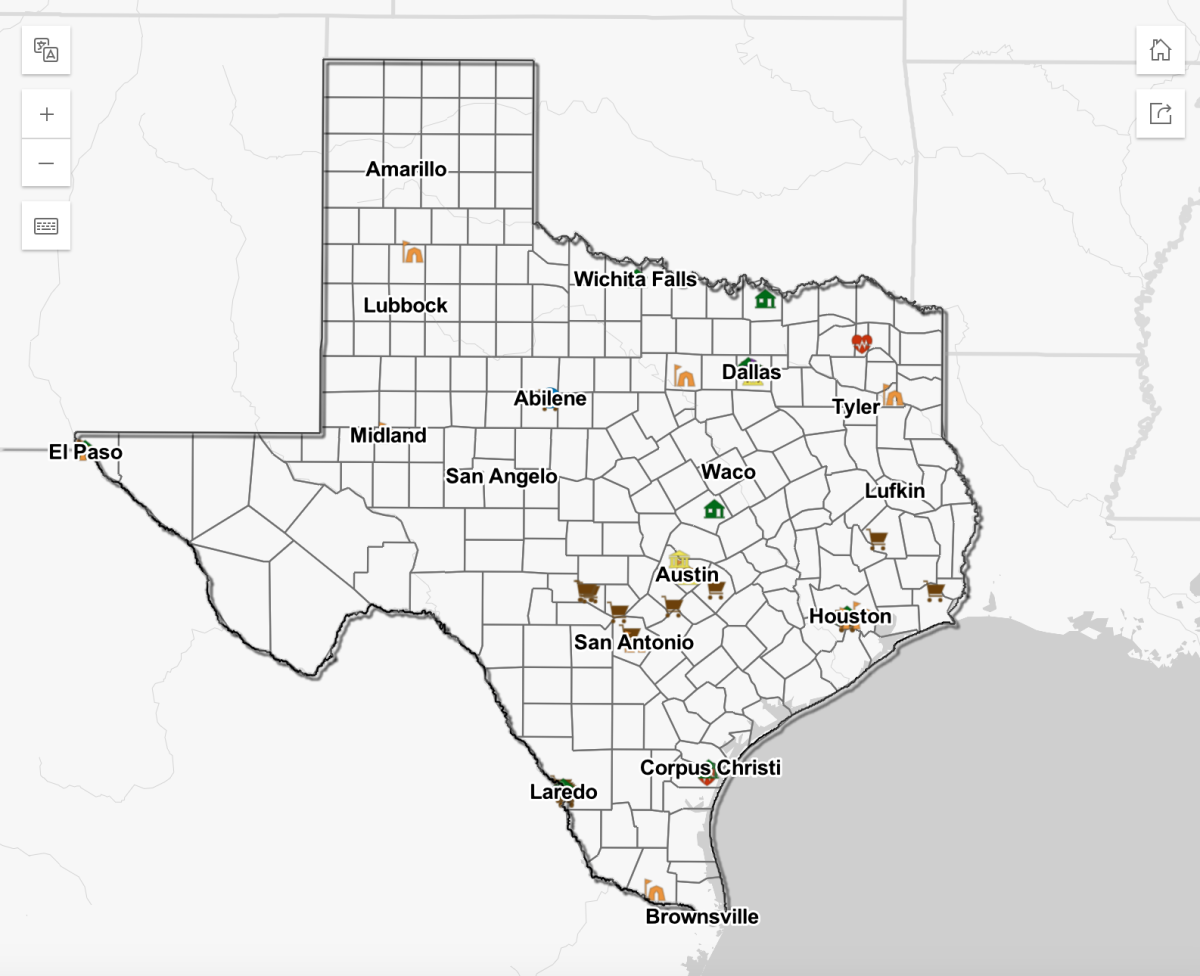UT gave the state a $15 return for every tax dollar spent on the University in the 2013 fiscal year, according to a recently released report.
Economic Modeling Specialists International (EMSI) found in the report that UT produced a total of $8.8 billion in added income to Texas’ economy in 2013.
“[The report] shows Texas taxpayers the value of their investment,” said Bruce Kellison, associate director of the Bureau of Business Research at IC2 Institute, a UT research program that focuses on entrepreneurship. “Especially in a legislative session, taxpayers are looking at where their money goes.”
Aaron Olanie, an EMSI economist who conducted research for the report, said the return-on-investment ratio reflects the $8.8 billion in income produced by UT alumni in 2013 divided by the $575 million in funding.
“Some people might question the methodology, but this is a crude representation of the University’s impact,” said Geoff Leavenworth, UT’s chief communications officer.
UT’s economic impact in 2013 is the equivalent of creating 133,000 jobs for the Texas economy, according to the report. The report shows the economic effects economic impact of educating students, funding research and supporting UT students’ startup companies.
Students enrolled at UT in 2013 will produce $23.5 billion for the state economy throughout their careers, according to the report.
“The state taxpayer gets a whole lot of bang for your buck,” Kellison said. “[The University] takes the money that we get and makes a whole lot more with it.”
“We’re leveraging that state investment and creating a higher return for the state,” Kellison said.
Olanie said the report also focuses on the human capital of the University and the effect alumni have beyond Texas. Leavenworth said one example was UT engineering professor John Goodenough, who created the lithium-ion battery, which can be found in smartphones, tablets and medical implants.
“It’s a good illustration of the fine economic impact that the University has on the city of Austin, the state and the nation,” Leavenworth said.





















